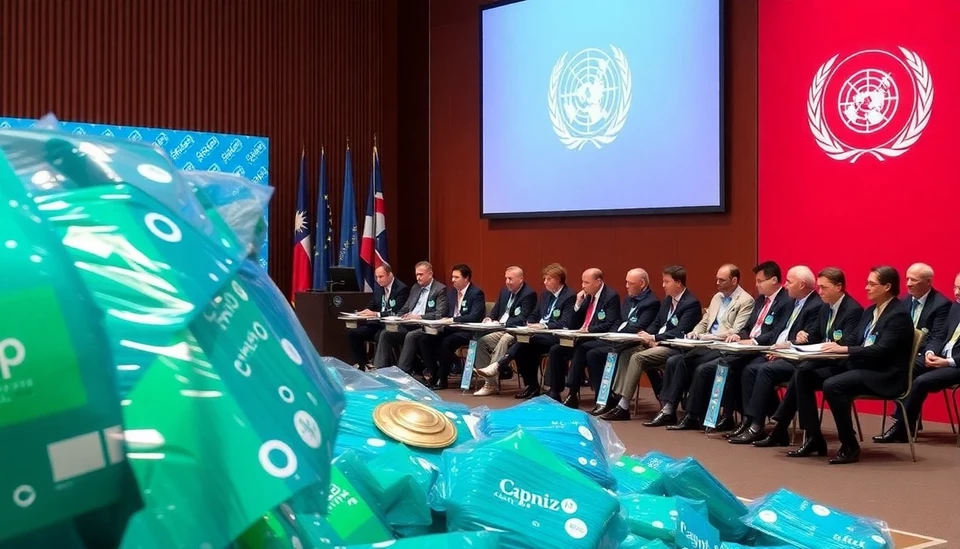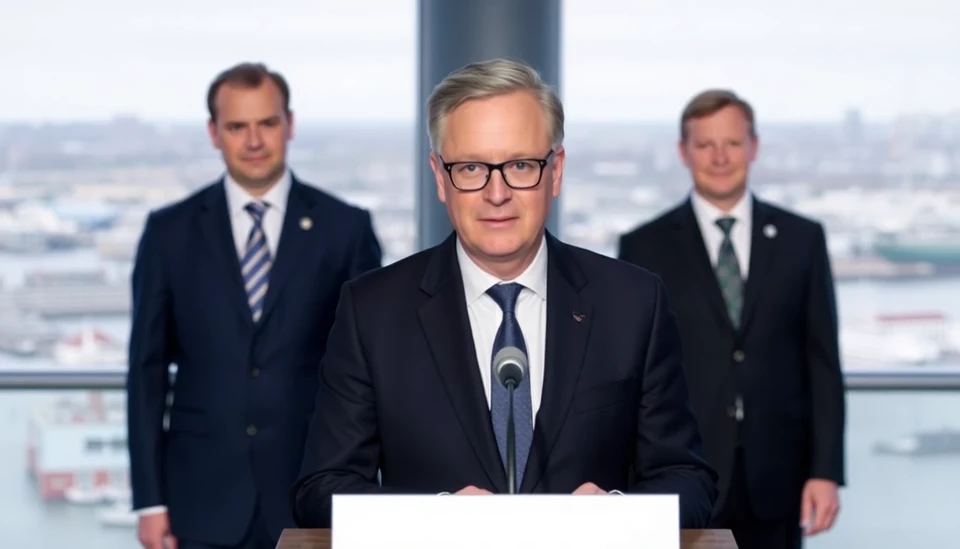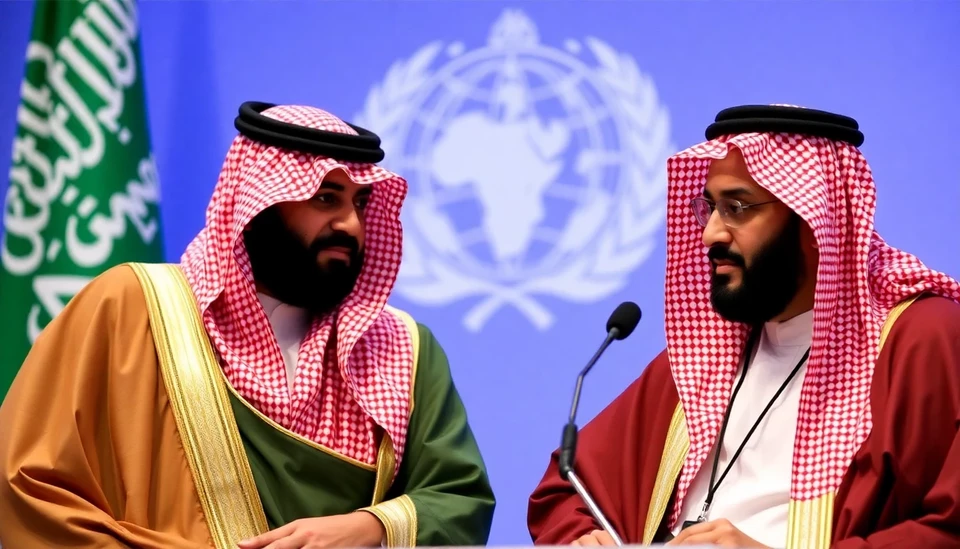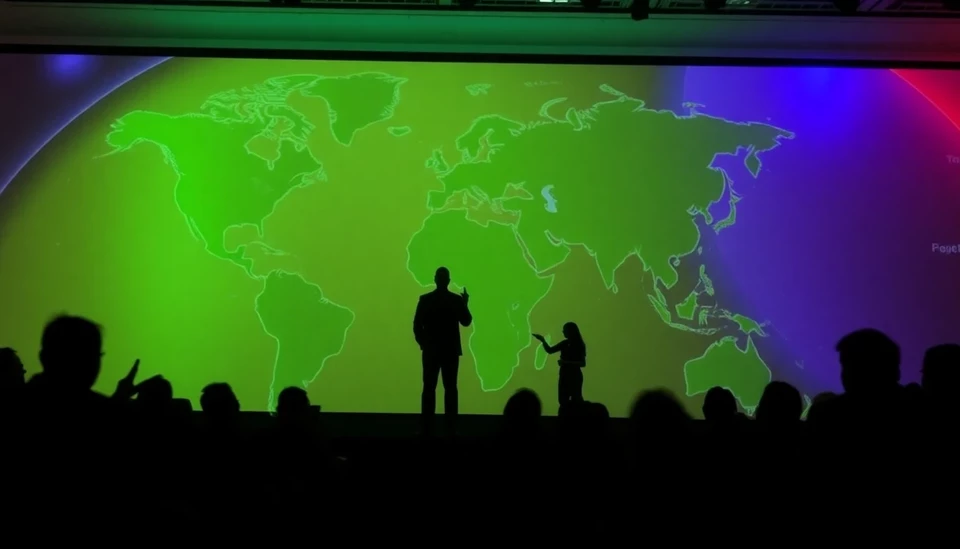
As the global community gears up for COP29, the impending climate conference is already shrouded in controversy due to allegations surrounding the manipulation of carbon accounting practices. Critics argue that some nations may engage in a form of "sleight of hand" accounting, which could undermine credible climate action and lead to a dilution of accountability among participating countries.
At the heart of this debate is the issue of how countries are permitted to account for their greenhouse gas emissions. While there are established frameworks designed to ensure transparency and accuracy, various nations appear to be taking liberties that may skew the understanding of their actual contributions to climate change. This discrepancy raises significant questions about the integrity of the commitments made by these nations during international climate negotiations.
Experts warn that if nations continue to employ these questionable accounting techniques, it could create a façade of progress while the underlying issues remain unaddressed. For instance, some countries might declare greenhouse gas reductions that are not genuinely reflective of their activities, instead relying on complex calculations and loopholes that give the illusion of compliance without substantive change.
Moreover, this predicament is exacerbated by the reliance on carbon offsets, which can often be poorly regulated. Carbon offset programs, designed to allow nations to purchase credits for emissions reductions elsewhere, could diminish the urgency needed for local emissions reductions if used irresponsibly. Thus, while countries may appear to be meeting their climate targets, in reality, they may be evading their responsibilities by relying on dubious financial mechanisms.
The situation demands scrutiny as the COP summit approaches. Environmental advocates have called for stronger regulations and more stringent guidelines regarding emissions accounting, insisting that genuine accountability is crucial for the success of any climate commitments made in the future. There is growing pressure on negotiators to confront these practices head-on, instead of allowing nations to sidestep the commitments that are vital for combating climate change.
As discussions heat up in the lead-up to COP29, it is essential for stakeholders, including policymakers and civil society, to advocate for transparency and hold nations accountable for their emissions reporting. Only through rigorous standards can trust be rebuilt in the effectiveness of international climate agreements, fostering true progress in the fight against global warming.
Time will tell how these challenges unfold at COP29, but the call for accountability is clearer than ever. Nations must recognize that avoiding genuine progress today not only threatens their credibility but also risks the survival of future generations as climate change continues to escalate.
As countries prepare to reconvene, the atmosphere is charged with expectation. Will COP29 set a new course for serious climate action, or will it risk falling into the same patterns of complacency that have plagued past summits? Only time will reveal the answer.
#COP29 #ClimateAction #EnvironmentalAccountability #SleightOfHand #ClimateChange #GreenhouseGasEmissions #ClimateNegotiations #CarbonOffsets
Author: Megan Clarke




